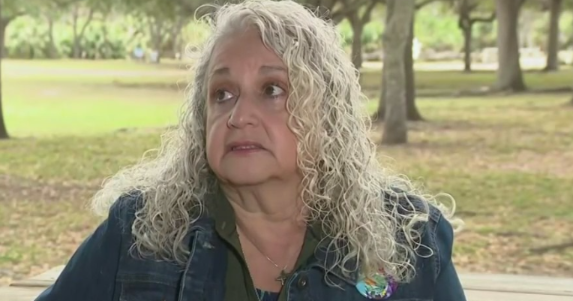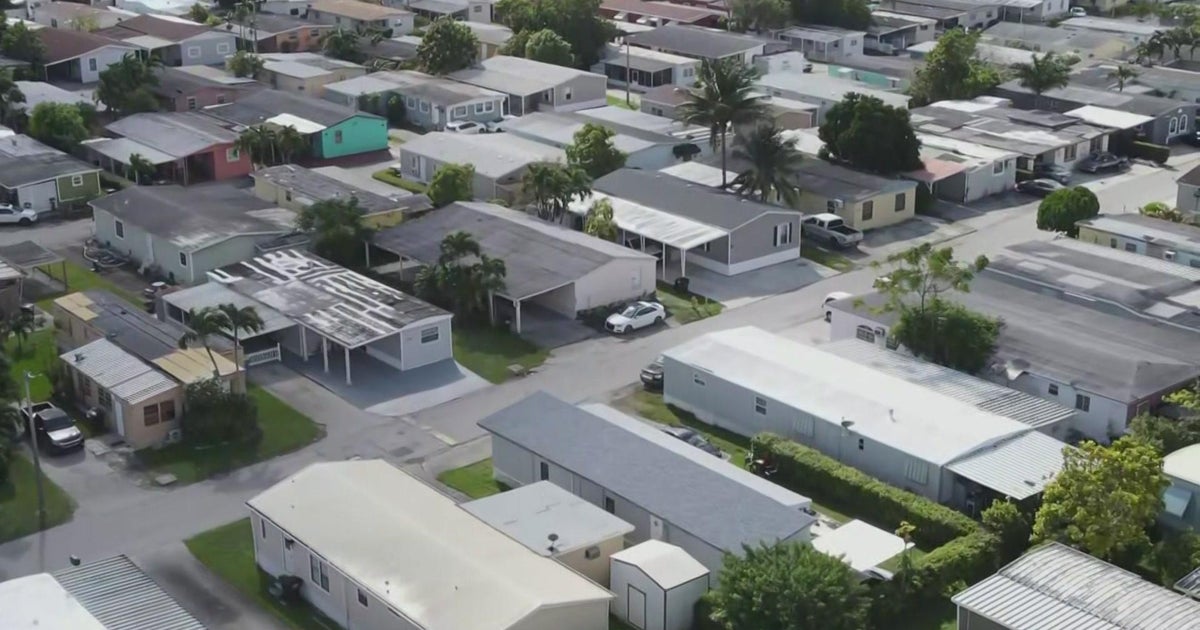Florida's six-week abortion ban to stay in place after voters reject Amendment 4
MIAMI - Florida's six-week abortion ban will remain law after voters rejected Amendment 4, a measure that would have enshrined abortion rights in the state constitution.
The amendment failed to reach the 60% threshold needed to pass, garnering only 57% of the vote.
While the measure fell short, advocates on both sides of the debate agree this is far from the end of Florida's abortion issue.
Supporters of abortion rights saw the vote count as evidence of significant support, while opponents felt the language of the amendment may have influenced its rejection.
"I'm well aware we didn't do what we were really set out to do, which is amend the Florida constitution," said Anna Hochkammer, executive director of the Florida Women's Freedom Coalition.
Hochkammer, along with others, gathered in a Miami restaurant on election night, anxiously awaiting results that would indicate whether the six-week abortion ban might be overturned. When the amendment ultimately fell short by 3%, she acknowledged the work still ahead for the coalition.
"I think ultimately the main problem people have in Florida is that they're not aware the abortion ban exists until it actually affects them, and they find themselves in the doctor's office or an emergency room and they can't access the care they need," she said.
On the other side of the issue, Archbishop of Miami Thomas Wenski said the language of the amendment likely played a significant role in the outcome, which he views as a reflection of Floridians' values.
"For example, it didn't specify what a healthcare provider was. So right now, Florida law says a doctor has to be involved in this decision. This amendment, had it passed, would've taken that away perhaps, and also pretty much wiped away parental consent," said Wenski.
Despite the majority vote in favor of the amendment, Florida law requires constitutional amendments to pass by a supermajority of 60%. The threshold was increased from a simple majority in 2006, a decision Hochkammer points to as a challenging but surmountable barrier.
"Republican legislature decided it was too easy to amend the Florida constitution. And we voted only a 50 percent threshold, by the way to increase the threshold to amend the constitution to 60 percent. That's why we need this supermajority," she explained.
Both the Florida Women's Freedom Coalition and the Archdiocese of Miami say the issue isn't over.
"I think the message should be understood loud and clear in Tallahassee and certainly by the legislature: 57 percent of voters disagree with the abortion ban," said Hochkammer.
"Also, it shows me that we have a hard road ahead of us to create a culture of life where every child will be protected by law and welcomed to life," added Wenski.
In response to the vote, the Florida Women's Freedom Coalition announced it will continue to support women seeking abortion access, including assistance with travel to other states. Meanwhile, they urge Floridians to reach out to lawmakers to express their positions on the issue.




